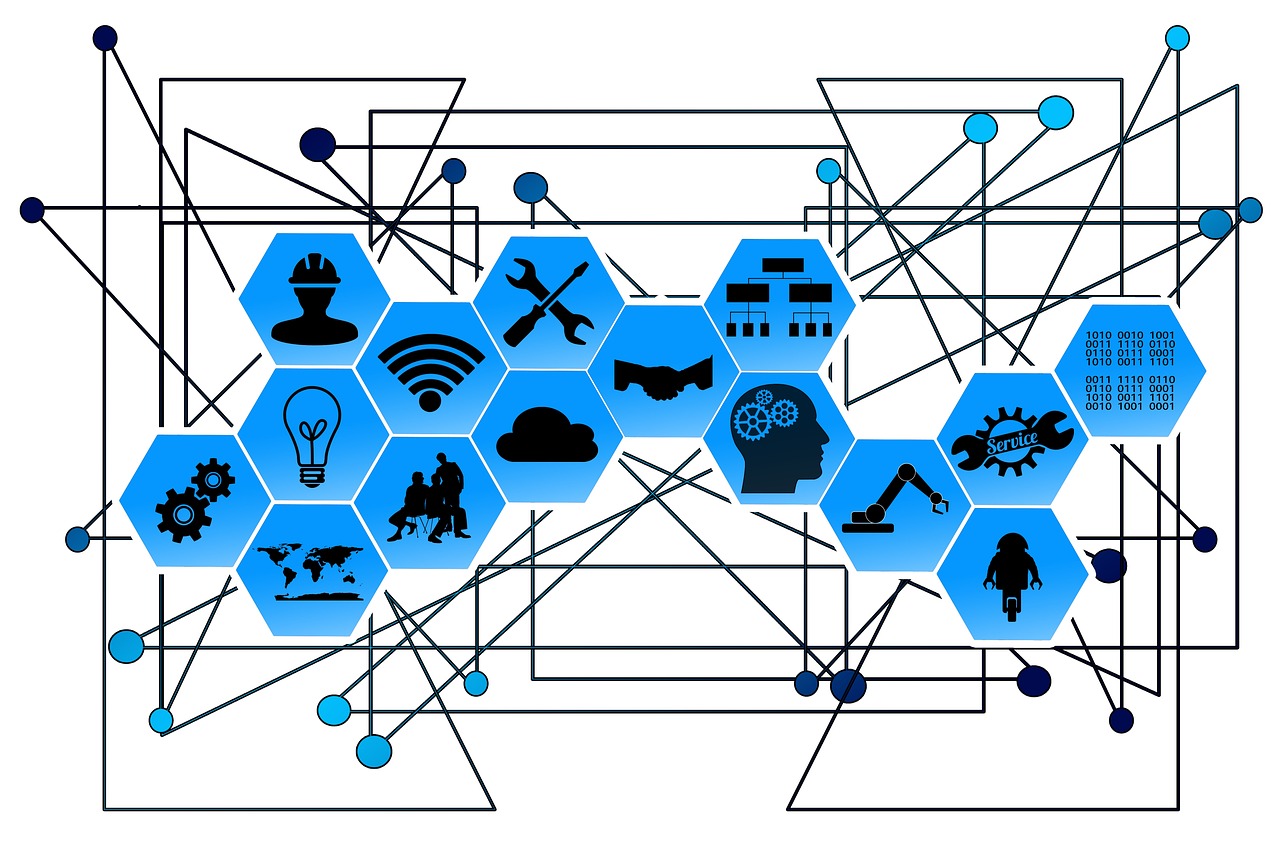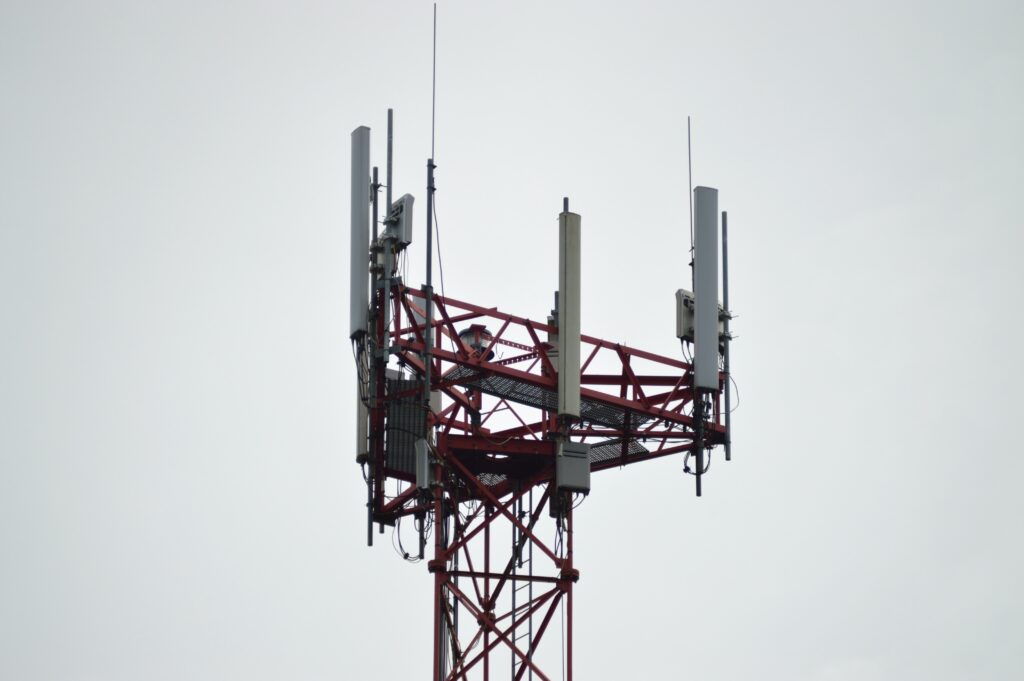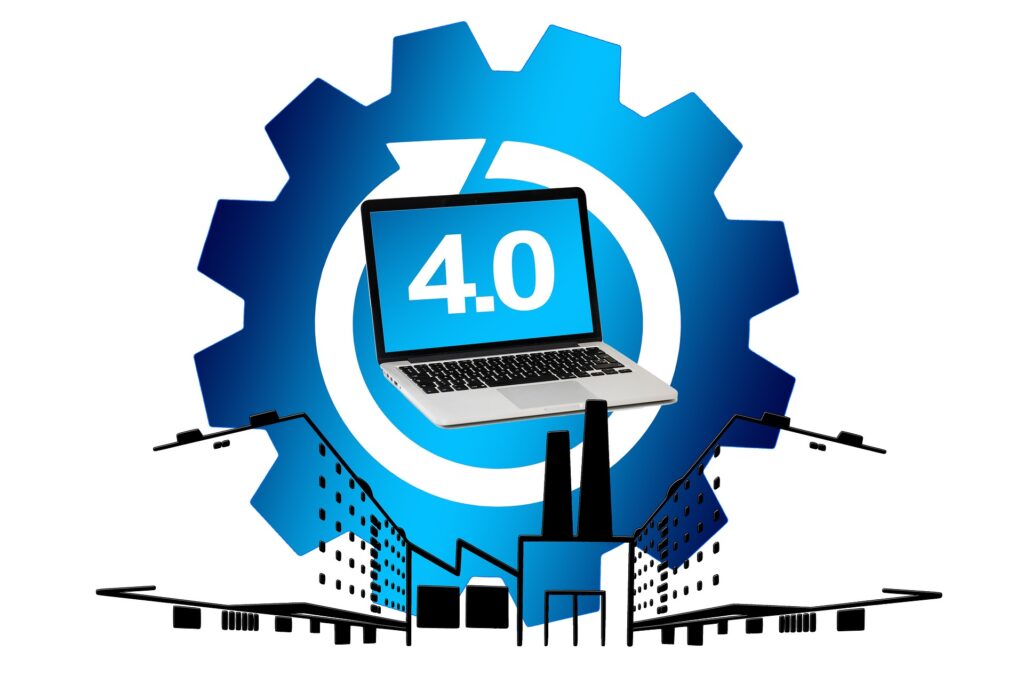Industry 4.0, what is it?


In today’s world, where digitization is progressively permeating nearly every aspect of life, it’s evident that the industrial sector is no exception. The significant transformation we’ve labeled as Industry 4.0 delineates the fourth industrial revolution, brought about by the integration of advanced technology into manufacturing processes and business models.
The three preceding revolutions were characterized by mechanization, electrification, and automation. The Fourth one is intended to complement all these aspects with the networking of machines and processes. Briefly touched upon are topics such as cyber-physical systems (CPS), the Internet of Things (IoT), artificial intelligence (AI), and relevant big data components.
A brief journey into the world of Industry 4.0, how it operates, what it brings to us, where the dangers lie, and where the groundbreaking change is located.
Technologies of Industry 4.0
As previously mentioned, Industry 4.0 is founded on the integration of advanced technologies into the production processes and business models of companies. The most relevant technologies in this context will be briefly explained in the following.
Collectively, these form the foundation of Industry 4.0, enabling companies to continuously enhance their processes for greater efficiency. As a result, development is advancing rapidly in nearly all sectors worldwide.
Where is Industry 4.0 applied, and how does it impact various sectors?
In which specific areas does Industry 4.0 have an impact? Where can these effects be observed within a company, and how does it influence the world of work?
Smart Manufacturing: By utilizing CPS and IoT, machines and processes can be monitored and controlled in real-time to optimize production and minimize errors.
Predictive Maintenance: With the aid of AI and Big Data, machine maintenance can be planned proactively, reducing downtime and increasing productivity.
- Digital Twins: Digital representations of physical products or machines allow for conducting virtual tests and optimizing designs before creating physical prototypes.
- Smart Logistics: Through the interconnection of supply chains, products can be tracked in real time, and delivery processes can be optimized.
As a result, Industry 4.0 significantly impacts these areas:
- strong>Process Automation: Through the use of CPS and IoT, many processes can be automated, leading to a reduction in manual tasks.
Skill Requirements: The introduction of Industry 4.0 demands new skills and qualifications, such as data analysis and programming.
Changes in Work Organization: Industry 4.0 enables flexible and decentralized work organization, as employees can access data and communicate with each other from anywhere in the world.
New Workplace Models: Process automation can give rise to new workplace models, such as those in the development and maintenance of digital twins or in programming AI systems.
Risks of Industry 4.0
It’s inherent that significant progress doesn’t only bring positive outcomes; even Industry 4.0, with all its drive for innovation, carries risks and hazards.
“Too late not to use it.”

Through Industry 4.0, the way companies operate is aligned with the current technological advancement. In the long term, it brings benefits such as increased efficiency, cost savings, and improved quality.
However, this rapid development also entails significant challenges. Especially notable are concerns related to security, data privacy, job loss, and the formation of monopolies.
Here, companies have the responsibility to take appropriate measures and mitigate the risks in order to fully capitalize and achieve long-term success. Overall, Industry 4.0 is a development that cannot be halted; slowing it down is also not an option. Over time, we are dependent on it, and local businesses must remain internationally competitive.
